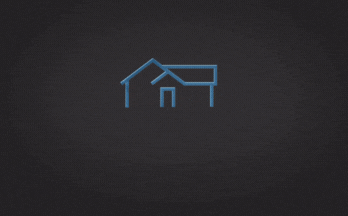
Know Your Credit Score
When you apply for a loan, your financial institutions will inquire with one of them to look at your credit score. A high score (you want to be above 720) means you will qualify for the lowest interest rates.
How to Optimize Your Score and Avoid Raising Red Flags
- Pay off your debts in a timely and predictable manner. If they are too high, or take to long to get paid off, this could negatively impact your score.
- Keep a long track record with at least one financial institution. For this reason, it makes sense to hang on to your oldest credit card, even if you rarely use it.
- Don't miss loan payments, or the minimum payment on your credit card.
- Stability is key. Avoid frequent shuffling of accounts, or making frequent applications for credit.
- Bankruptcy, filing a consumer proposal, or receiving credit counseling cause the most damage, and it can take 6 or 7 years for these to come off your record.
Credit Bureau Organizations to Contact
Your score is calculated by 3 independent organizations that monitor your borrowing habits.
- Equifax Canada - 1.800.465.7166 - www.equifax.ca
- TransUnion Canada - 1.866.525.0262 - www.transunion.ca
(For Quebec residents, 1-877-713-3393) - Northern Credit Bureaus Inc. - 1-800-646-5876
Web site content is for informational or illustrative purposes only and is not be considered or used as a substitute for professional financial advice from an accountant, lawyer or certified financial planner. Click here to view our full legal disclaimer.




 Used properly, the real estate information on the web can give you a huge advantage. Don't wait until the time comes to relocate. Keeping tabs on real estate markets should be a daily habit for any Canadian homeowner who wants to get ahead financially.
Used properly, the real estate information on the web can give you a huge advantage. Don't wait until the time comes to relocate. Keeping tabs on real estate markets should be a daily habit for any Canadian homeowner who wants to get ahead financially.


